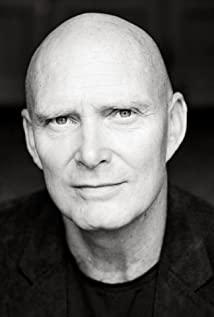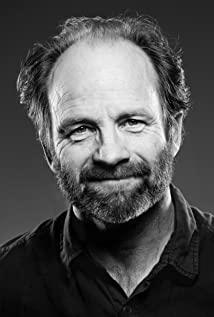Director Russ seems to want to portray an extraordinary (so-called abnormal) woman in the process of heralding the tragic ending to criticize this abominable traditional moral and religious concept, so that the audience can get a spiritual self-purification through the outbreak of infinite compassion . But after watching this film, I only ended the film with words such as "sacrifice", "martyrdom" and "selfless love", which is like a simple burial of Beth's death, which is a self-protection of a bystander in the face of reality.
Beth is a pure and kind, firm belief, daring to love but not hate, positive and powerful female character. Because of this purity, she can clearly reflect all the real faces around her like a mirror: everyone here needs to pretend to show that they are not isolated, not deviant, self-controlling, selfless giving, expressing kindness, and piety. one side. Because in society, if individuals want to integrate into the group, they need to sell their own truth in exchange for the protection of group power. And all things and ideas that hinder the survival of the group will become the target of public criticism. The unique Beth was justly rejected by this powerful group under the name "mentally ill". This kind of power was terrible enough to make her biological mother hate her own flesh and blood, and her sister who got along day and night kept questioning and denying her. , the attending physician arbitrarily manipulated her estrangement from her husband, and even the church pastor treated her like a demon, standing by when she needed help most. Only her husband can be as honest and transparent as a mirror. They love each other deeply, do not hide their inexhaustible dependence, and try their best to let each other feel the breath of every second. What was considered "crazy" began to "frenzy" after Beth's husband was accidentally paralyzed. Beth's love is like a god in her heart. She is firm in her relationship with her husband, so when she is helpless, she directs and performs "confessions" that go against religious morals. She only believed in herself, and it was herself who ultimately pushed her to the narrow door. Her death is like eternal life.
Director Russ recorded this soft female version of the Passion with the realism advocated by Dogme and the emotion of anti-religious bondage. The image of Bass is difficult to understand and unattainable. In the end, the people judged her, and God judged the people.
When we face our inner love and belief, we don't have to hide and be ashamed
View more about Breaking the Waves reviews











